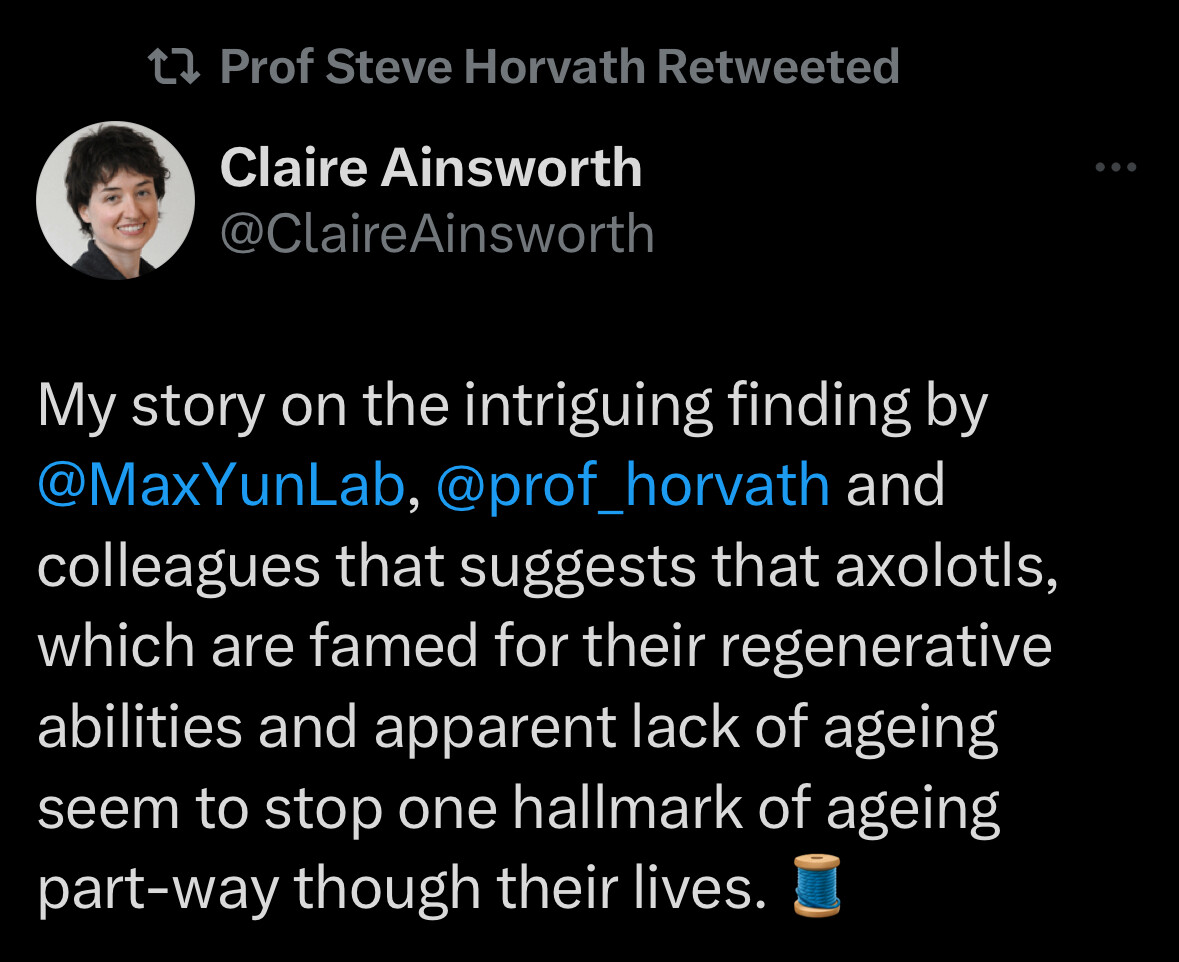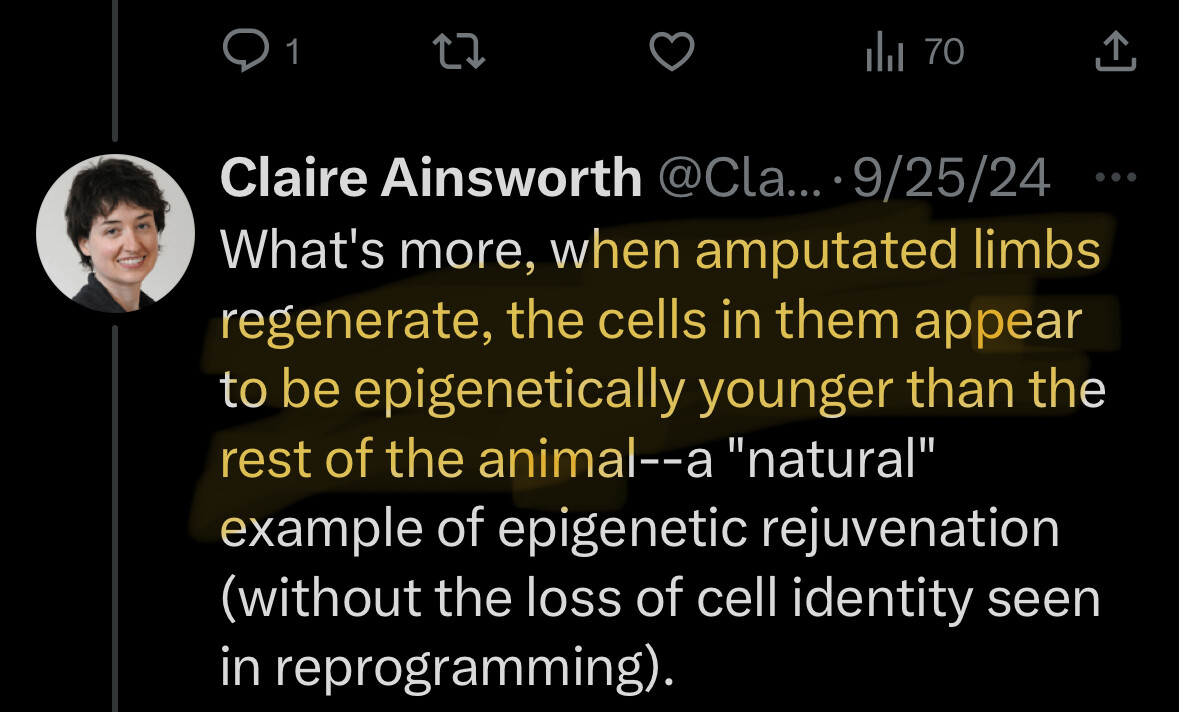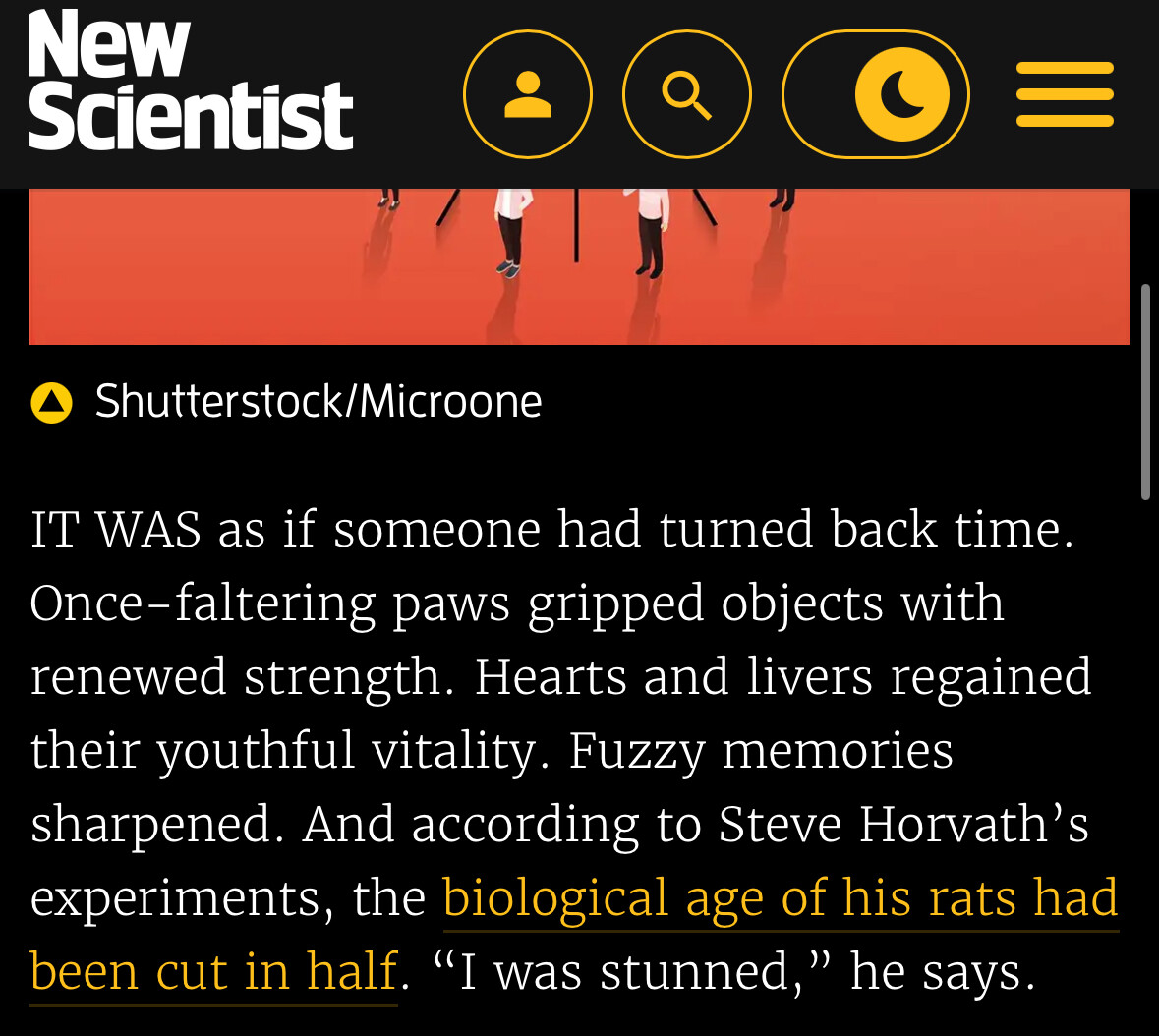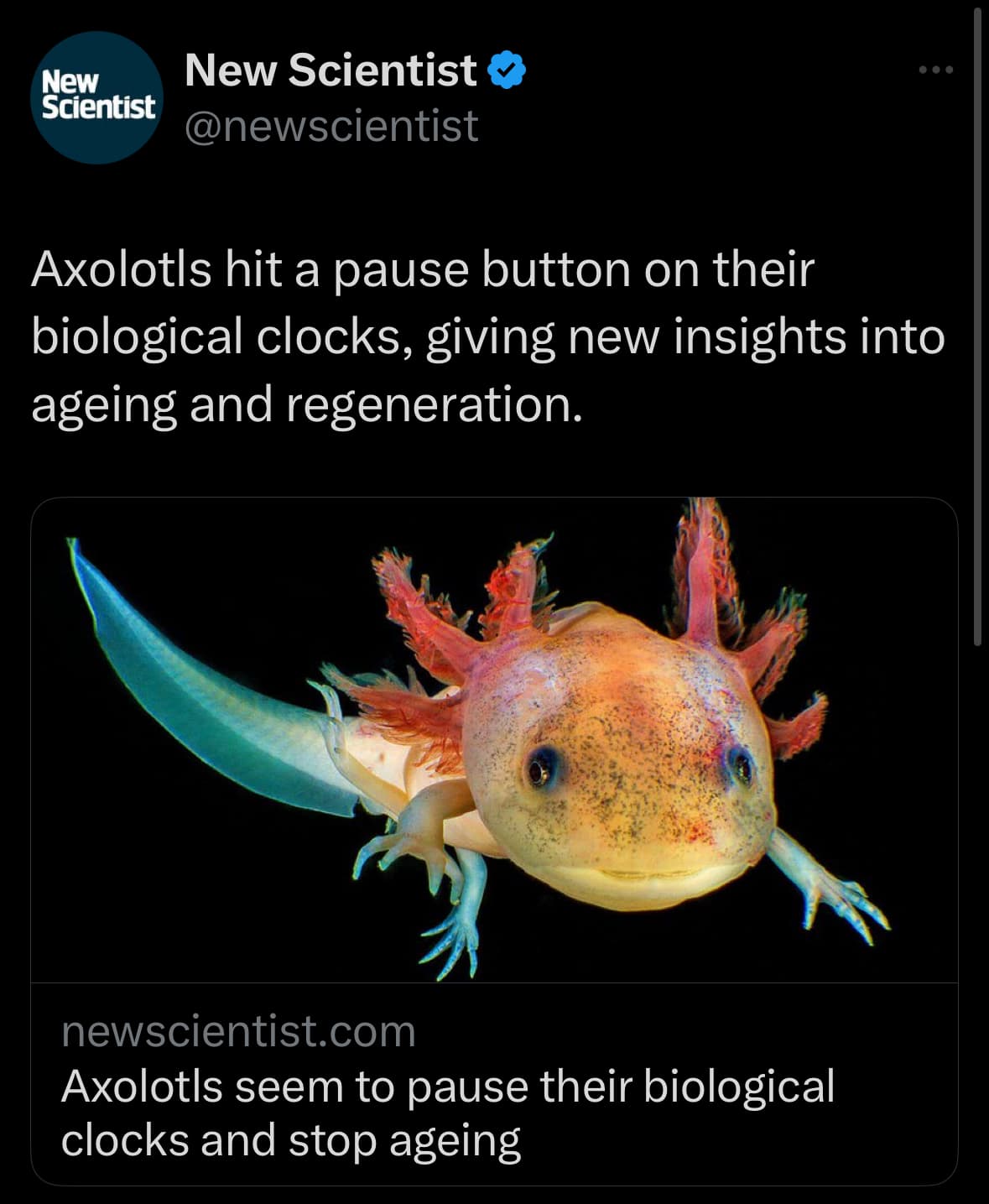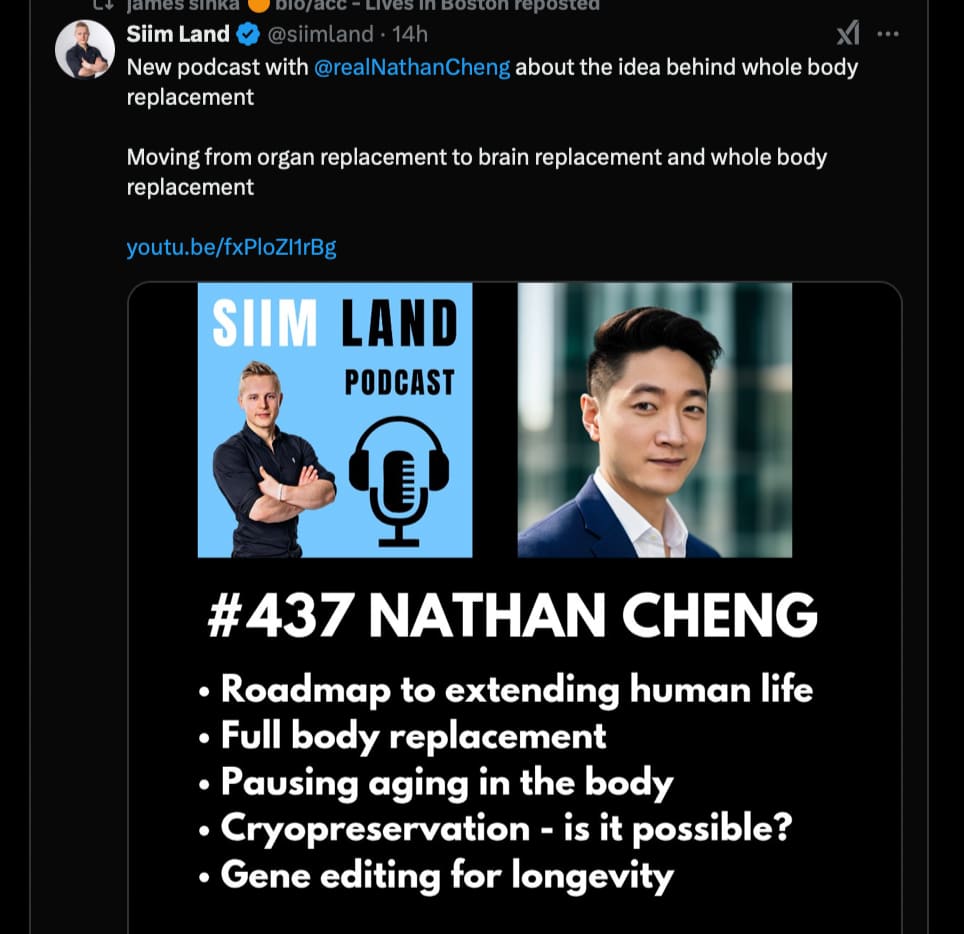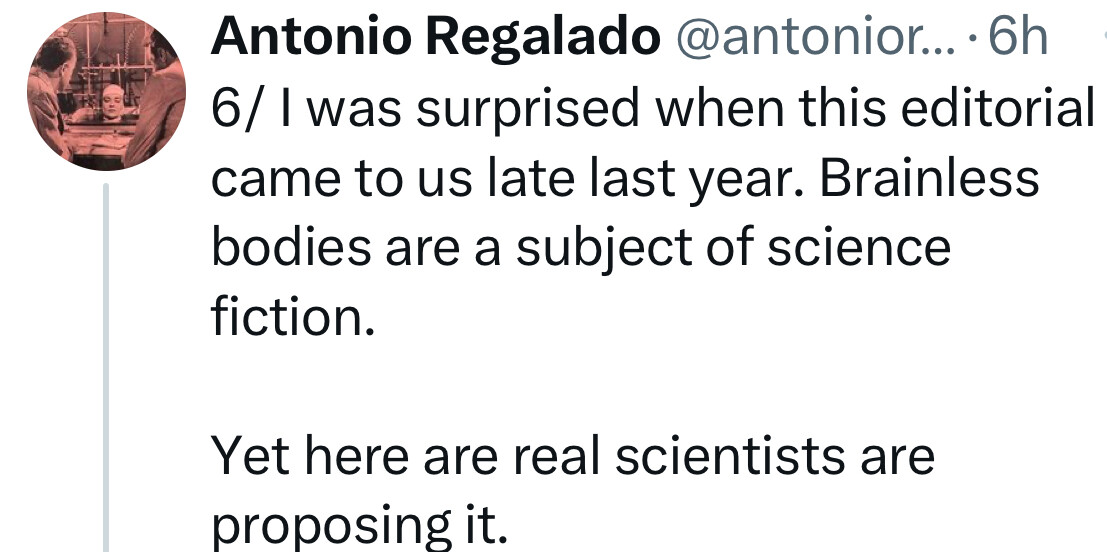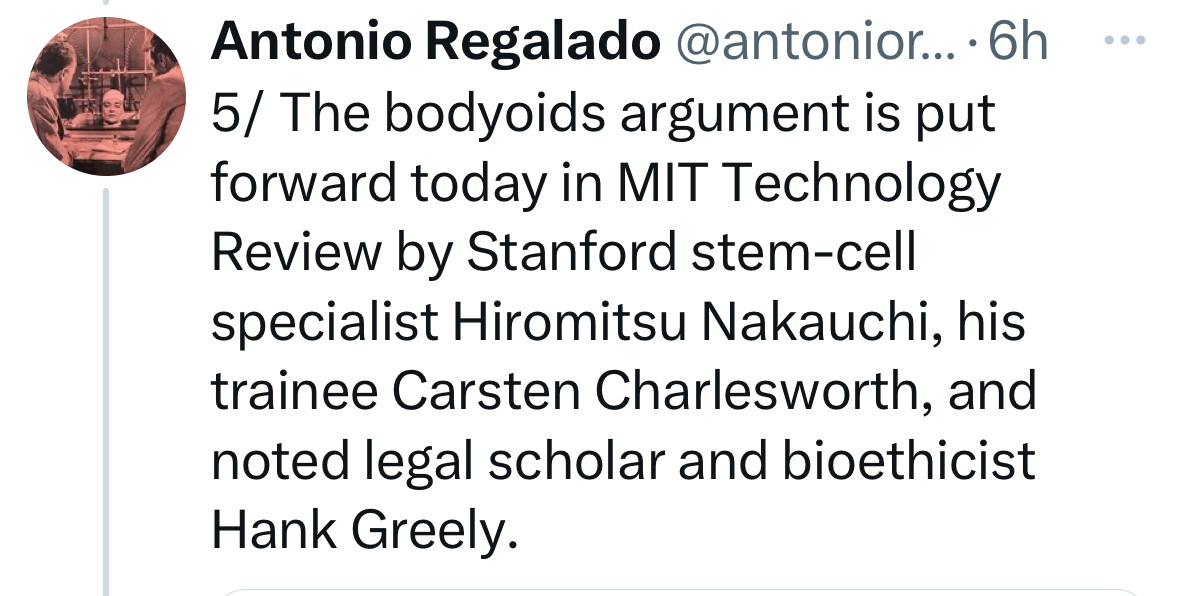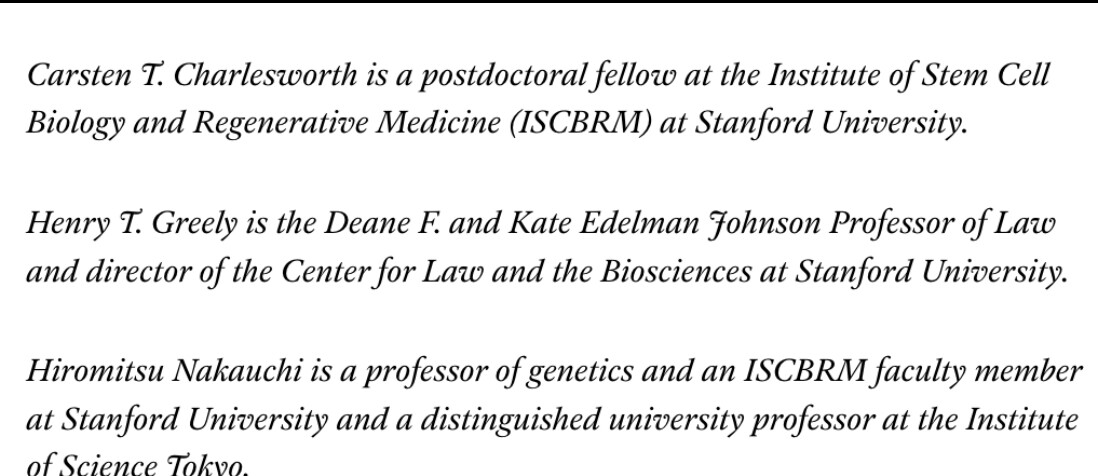Surgeons in Boston have transplanted a kidney from a genetically engineered pig into an ailing 62-year-old man, the first procedure of its kind. If successful, the breakthrough offers hope to hundreds of thousands of Americans whose kidneys have failed.
So far, the signs are promising.
Kidneys remove waste products and excess fluid from the blood. The new kidney began producing urine shortly after the surgery last weekend
As my sister-in-law is waiting for a kidney, this could be life-saving news. Now the question is how long until everyone is approved for one/can get one?
For the first time, scientists are attempting to grow a new, miniature liver inside of a person. It sounds like science fiction; in fact, the idea was the plot of a Grey’s Anatomy episode that aired in 2018. Now, biotech company LyGenesis is trying to turn the concept into reality.
Today, LyGenesis announced that an initial volunteer has received an injection of donor cells to turn one of their lymph nodes into a second liver. The procedure was carried out in Houston on March 25 as part of a clinical trial that will test the experimental treatment in 12 adults with end-stage liver disease.
Full article: This Bag of Cells Could Grow New Livers Inside of People (Wired)
Full body replacement is really a non starter. Cryo worries me in so many ways. I am unsure i would want the experience of being revived and living as a damaged entity although there have been people who have got very cold and revived.
OTOH i think i understand what to do to mitigate time linked deterioration.
Isn’t that what we all (those above 15-25 or so) are compared to our younger selves?
True. There are always questions of how damaged, however.
What organs can be replaced by machines? Benefits, side effects, over organic transplant? BiVACOR artificial heart:
Professor Chris Hayward, from the Victor Chang Cardiac Research Institute, said the BiVACOR heart ushered in “a whole new ball game for heart transplants.”
“Within the next decade we will see the artificial heart becoming the alternative for patients who are unable to wait for a donor heart or when a donor heart is simply not available,” said Hayward, who is overseeing the Australian patient’s recovery and was involved in preparing the device for clinical trials.
By the editor of the piece:
See more discussion here
Disease Research Acceleration
Currently, drug development is extremely inefficient (poor predictive models, many failed drugs), costly (>$1B/successfully developed drug), time-consuming (15+ years from in silico to drug approval), and risk-averse (hard to get investments for new strategies or new indications that don’t yet have any approved treatments)
- With non-sentient human models, we could directly test interventions for nearly all non-neurological diseases, potentially accelerating cure development by decades
- This represents an enormous multiplier on existing medical research investments. Costs for drug development could drop 1, potentially 2 orders of magnitude. Time to approval could shorten to a year.
I think it remains to be seen if we are able to create a super intelligence. To me it seems very clear both based on trajectory and based on the theory that we can create an AI that’s at least as capable as the best human in all domains. Perhaps even one that’s 10, 20, 30 or maybe 100% more capable. The real question for me is if we can achieve super intelligence that’s orders of magnitudes more capable, 10x, 100x and beyond. Or is there a ceiling somewhere at or above the best human.
To be clear, creating something that is as good as the best human in all domains would be an amazing feat simply because it’s far more scalable. The amount of energy required to run AI is minuscule compared to the amount of energy required to produce the most capable human, even if we had a way to guarantee that every new human is the most capable (ie it didn’t require 1 million to find the 1 in a million person).
I don’t think the LLMs actually have a model of reality that enables discovering things that are completely new.
‘Amazing feat’: US man still alive six months after pig kidney transplant – Nature News
CAMBRIDGE, Mass.–(BUSINESS WIRE)– eGenesis, a biotechnology company developing human-compatible engineered organs to address the global organ shortage, announced today that the U.S. Food and Drug Administration (FDA) has cleared its Investigational New Drug (IND) application to initiate a clinical trial evaluating EGEN-2784, a genetically engineered porcine-derived kidney, in patients with end stage kidney disease (ESKD).
The IND supports a Phase 1/2/3 study designed to assess the safety, tolerability, and efficacy of EGEN-2784 at 24 weeks post-transplant in patients with ESKD who are age 50 or older, dialysis-dependent, and on the kidney transplant waitlist.
“Clearance of the EGEN-2784 IND and initiation of this clinical study are important steps forward in our mission to end the global organ shortage,” said Mike Curtis, Ph.D., President and Chief Executive Officer of eGenesis. “This trial will allow us to evaluate the transformative potential of EGEN-2784 to address the staggering burden of kidney failure worldwide.”
“Advances in xenotransplantation are giving our community hope that new options may soon be available to those who need them most,” said Kevin Longino, CEO of the National Kidney Foundation and a kidney transplant recipient. “The National Kidney Foundation congratulates eGenesis on this milestone. Patients expressed strong support for the advancement of clinical trials in our recent Xenotransplantation Voice of the Patient report. It is gratifying to know they’re being heard.”
EGEN-2784 is eGenesis’ lead candidate for kidney transplantation. The product carries three classes of genetic modifications designed to improve compatibility and support long-term function in human recipients: 1) Elimination of three glycan antigens to prevent hyperacute immune rejection 2) Insertion of seven human transgenes to regulate immune response, reduce inflammation, improve coagulation compatibility and regulate complement activation 3) Inactivation of endogenous retroviruses within the porcine genome to enhance safety. eGenesis is the only company developing organs with all three classes of edits to optimally address safety and efficacy.
Major Milestones Achieved in Ongoing Multi-Patient Expanded Access Study of EGEN-2784
First Patient Surpasses Seven Months with EGEN-2784 Kidney
Tim Andrews, 67, who received an EGEN-2784 kidney on January 25, 2025, at Massachusetts General Hospital, a founding member of the Mass General Brigham healthcare system, has surpassed seven months post-transplant, making him the world’s longest-living recipient of a genetically engineered porcine-derived organ. Mr. Andrews, who required dialysis for more than two years prior to his transplant, continues to live dialysis-free.
Second Successful Transplant Completed in June
On June 14, 2025, Bill Stewart, 54, became the second patient in the study, and the third patient overall, to receive an EGEN-2784 kidney. Before his transplant, Mr. Stewart underwent dialysis three times per week for more than two years and faced a longer than average wait time for an allotransplant due to his O-group blood type. He was discharged from MGH on June 21st and no longer requires dialysis for the first time in over two years.
Related to this thread:
THE ORGAN FARM
Gene-edited pig kidneys are finally moving the long-stymied field of xenotransplantation forward
Attempts to provide humans with animal organs—known as xenotransplantation—date back more than a century, a history marked by hype and dashed hopes. As surgeon Norman Shumway, who helped pioneer human-to-human heart transplants, quipped 2 decades ago, “Xenotransplantation is the future—and always will be.” But because of recent advances in gene editing, cloning, and immunosuppression, and major investor backing, many veteran researchers are increasingly confident that future is nearly here.
At the time Andrews reached out to her, Looney’s kidney was pumping out copious amounts of urine—a sign it was working—and her medically suppressed immune system appeared to be adjusting to the porcine guest. The NYU Langone doctors had released her from the hospital, but instead of returning to her home in Alabama, Looney stayed in a New York City apartment so they could closely monitor her health.
Andrews received his own kidney on 25 January, the same day the Associated Press celebrated a milestone for Looney: “The only person in the world with a functioning pig organ is thriving after a record 2 months,” the story read. Four other people had received kidneys or hearts from genetically modified pigs, and none had survived longer than 60 days.
Full story: THE ORGAN FARM (Science)
Thank goodness. Too many people are dying due to a lack of kidneys. My sister-in-law included. Is there a way she could sign up for this?
